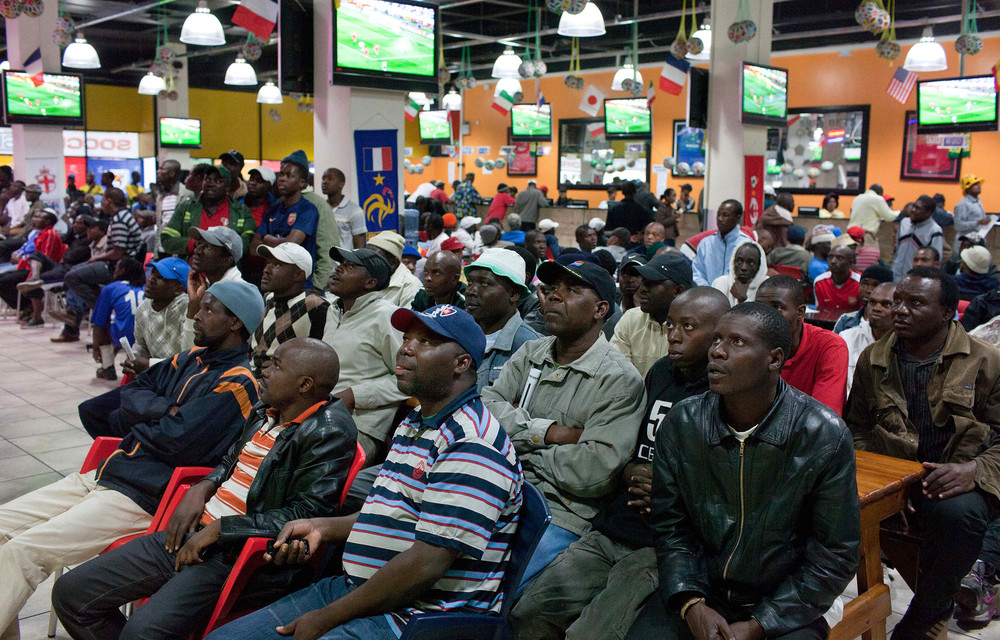
Is sports betting becoming more and more of an epidemic in Nigeria?
Over the last decade, Nigeria has seen an exponential rise in the betting industry. An increasing number of Nigerians are now indulging in sports betting, with many drawn in by the lure of quick money, the legalization of sports betting and the constant bombardment of enticing advertisements aimed at the youth. However, the growth of this industry has come with its fair share of consequences, and many are now concerned about the negative impact it is having on society.
One of the most significant impacts of the rising betting culture in Nigeria is the addiction that is increasingly prevalent in many youths, particularly those living in poverty, who see sports betting as one of the only gateways to a better life. Individuals, including minors, have lost huge sums of money in betting and struggle with debt and financial insecurity. More worrisome is the fact that the age restriction laws are often ignored by some betting companies, placing youth at greater risk. With mobile phones, internet cafes, and betting shops popping up almost everywhere, access to online betting platforms is all too easy.
The addiction can also have secondary effects, such as big losses leading to emotional and mental stress, anxiety, and sometimes mental health challenges such as depression, addiction, and even suicide. The supposed “temporary relief” that betting provides in escaping poverty, can quickly turn into a lifetime of misery.
Another worrying trend is the impact on family relationships. With the high demand for quick returns and the desperate need to recoup lost bets, many have let their betting habits consume them, leading to severe negligence of other important aspects of life such as work, family and personal growth.

Finally, the betting industry has resulted in the loss of productive time. Many youths who would have otherwise been involved in meaningful endeavours or who would have been studying for academic success are now focused entirely on placing bets and watching sporting events, leading to the erosion of the reading, learning, and productive mindset.
In conclusion, while sports betting may appear to be a means of generating fast and “easy” money, it has resulted in several negative consequences related to addiction, mental health, and societal impacts such as decreased productivity. There is an urgent need to regulate the industry while creating programs, campaigns, and initiatives designed to educate the public on the dangers of excessive gambling to limit its impact. Furthermore, sports betting companies must prioritise customer protection and ensure they do not flout the regulating laws that are in place. It is time for all stakeholders involved to acknowledge the growing impact of the betting industry and address it effectively to save our society and the youth from being consumed by an epidemic that is now prevalent in Nigeria.













